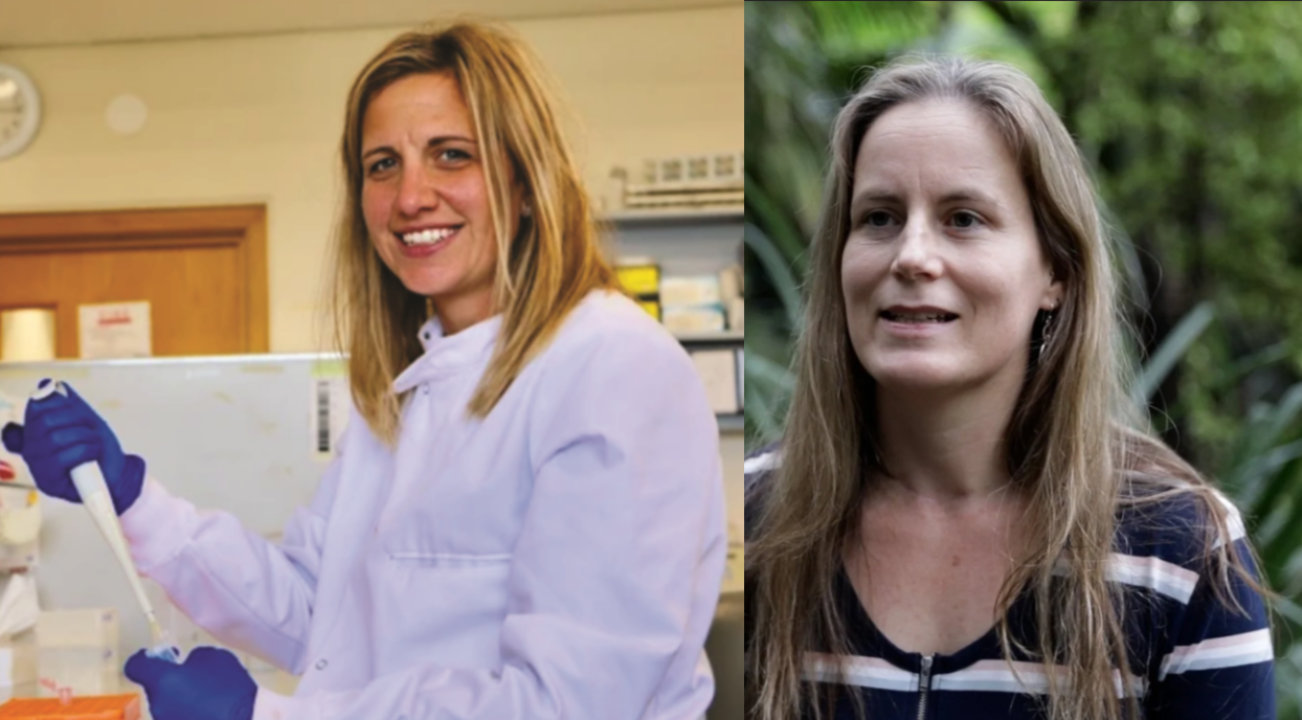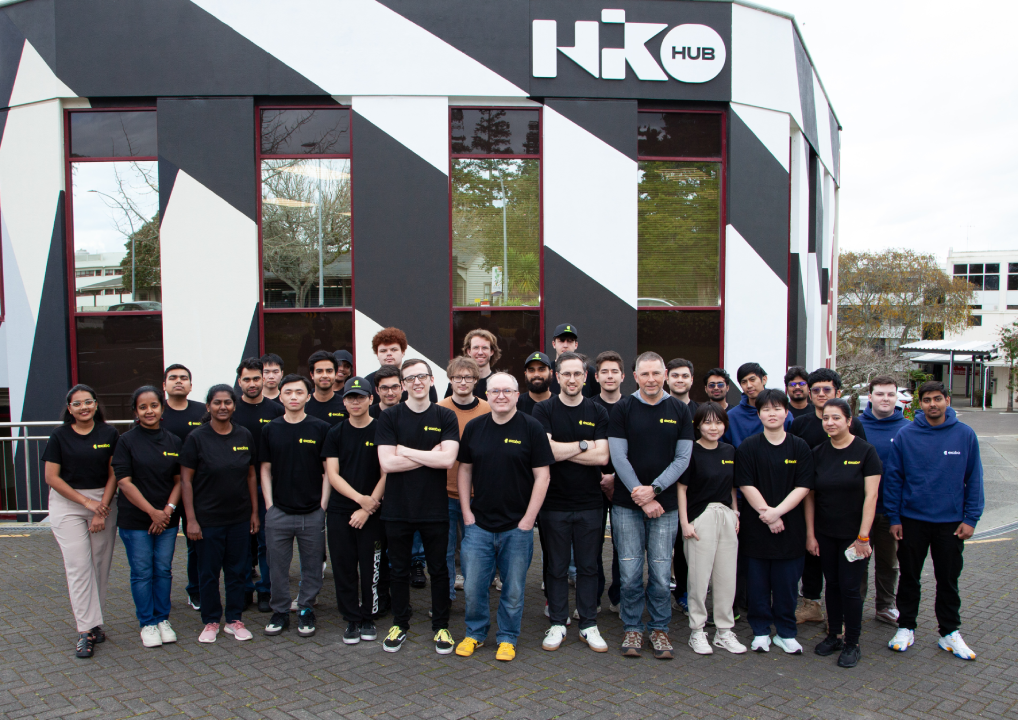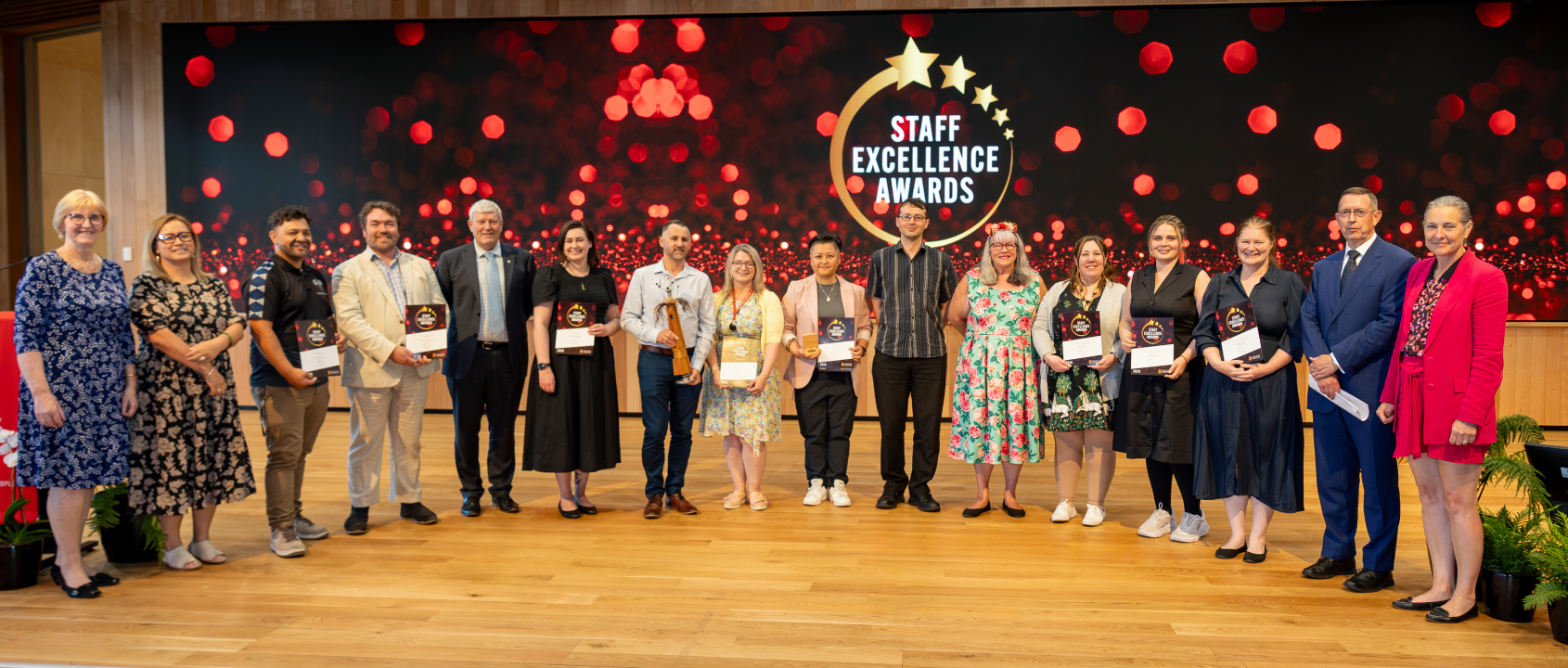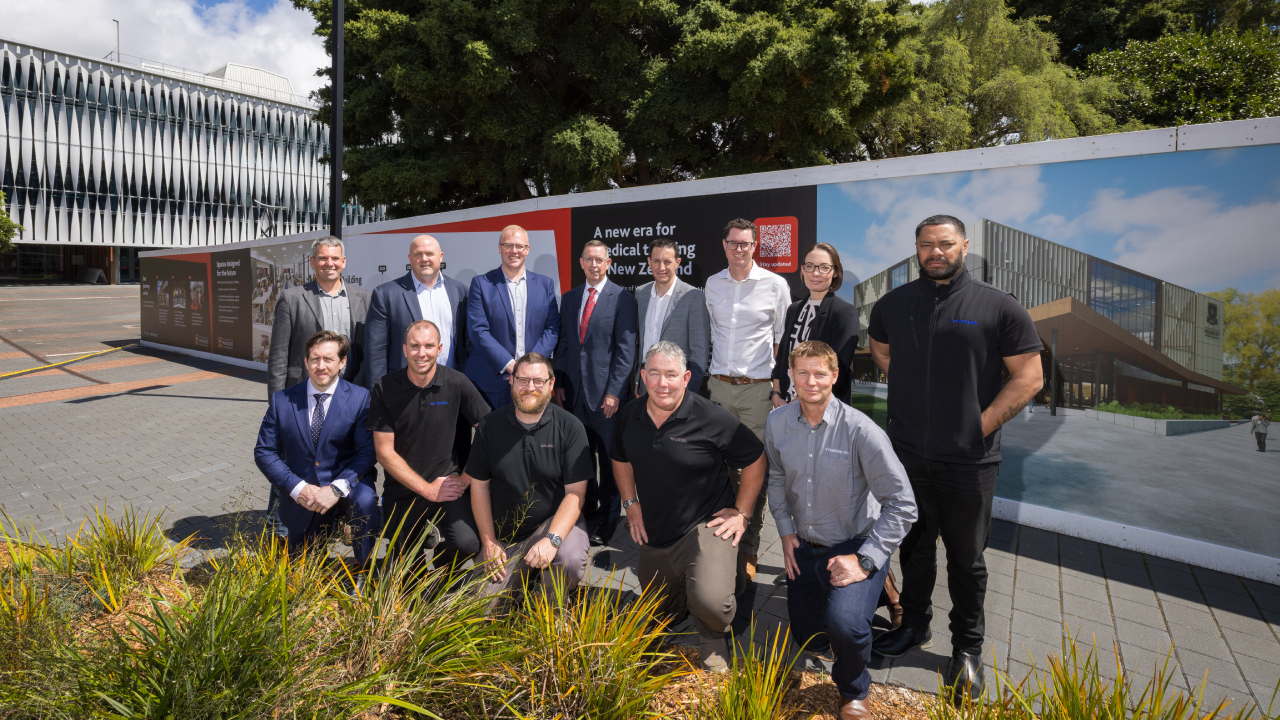Budget 2023 misses an opportunity to invest in training more New Zealand doctors to meet the country’s future health workforce shortages, particularly in general practice.
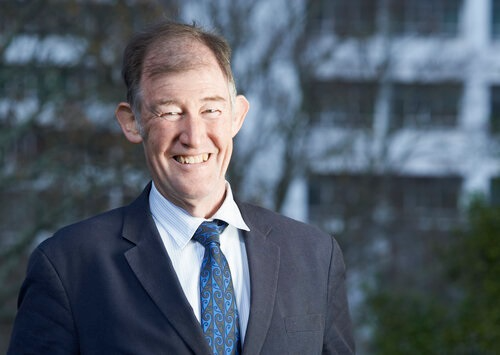
Professor Ross Lawrenson
“The Government is continuing to rely on importing doctors from other countries, when there is no doubt we should be training more of our own doctors here,” says University of Waikato Professor of Population Health, Dr Ross Lawrenson.
“A big goal of Te Whatu Ora’s is to increase the number of Māori and Pacific doctors – something that is hard to do when we rely on importing twice as many doctors as we train.”
Dr Lawrenson says the Government has kicked the needed investment in doctor training down the road yet again. “The lack of action means that it will be at least another six years before we will be graduating more than the current 550 doctors a year.”
He says New Zealand imported 1232 doctors in 2022, which increased the total number of doctors in New Zealand by 850. “We will need to import many more doctors in future years to meet chronic workforce shortages while we continue to graduate the same number of doctors that we did in 2019.”
It is also incredibly worrying that while the number of doctors has increased by almost 5000 in the past 10 years, the number of GPs has only increased by 260.
“These family doctor shortages result in increasing demand on our hospitals, increasing wait times in our emergency departments and a growing problem of late diagnosis and poorer health outcomes.
“It also leads to more patients being unable to register with a doctor, increasing difficulties in getting an appointment and increasing barriers to getting a free needed prescription.”
Dr Lawrenson says two key areas that are crucial to the health of New Zealanders – training enough doctors and having enough GPs – have been ignored in this wellbeing budget.
